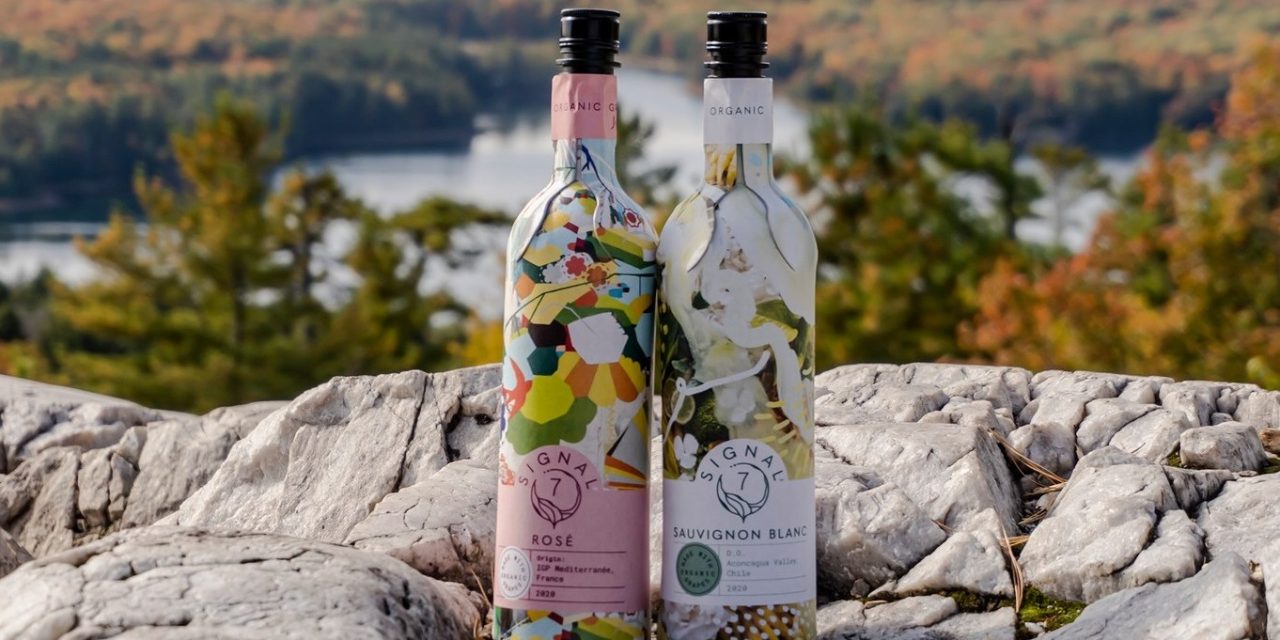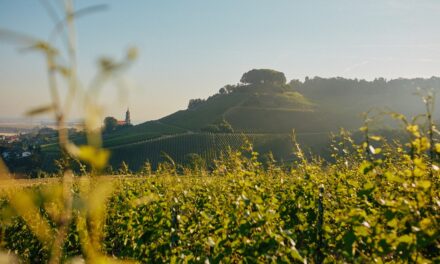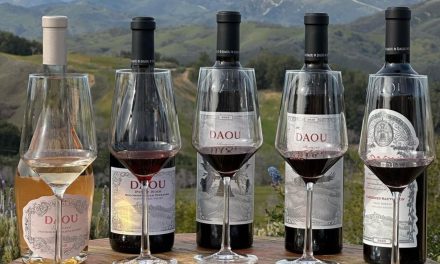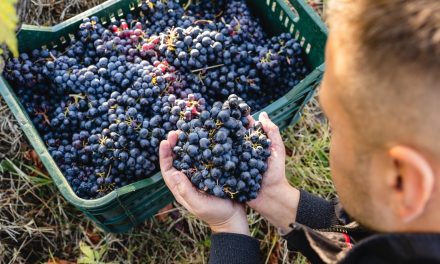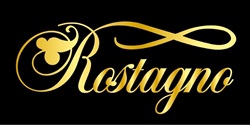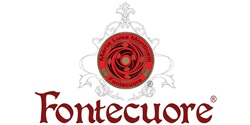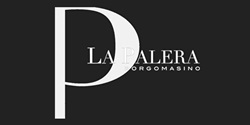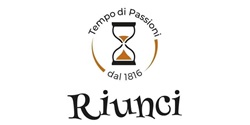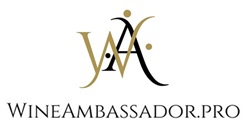Sustainability Meets Skepticism: A New Chapter for Wine and Spirits Packaging
LONDON – In the dynamic world of Wine&Spirits packaging, an era of groundbreaking change is upon us, driven by a heightened environmental consciousness and the imperative to lessen ecological footprints. The British company Frugalpac presents a vision where, within a decade, up to a quarter of all wine and spirit bottles on supermarket shelves might transition from traditional glass to paper.
Frugalpac’s introduction of the Frugal Bottle in 2020—a product composed of 94% recycled cardboard and boasting a weight five times lighter than its glass counterpart—marks a significant pivot. This shift is further bolstered by rising glass costs and a tightening grip in the glass manufacturing sector, suggesting that packaging alternatives like the Frugal Bottle are not only viable but increasingly preferable. These alternatives stand out for their independence from the extensive supply chains that glass necessitates, provided that the right equipment is accessible.
In the UK, the discount supermarket chain Aldi has taken a notable step by embracing Frugalpac’s innovation, rolling out private-label paper bottles. Beginning March 18, Aldi customers have been able to purchase Cambalala wines—a Shiraz and a Sauvignon Blanc from South Africa—at an accessible price point of £7.99.
This packaging solution aims to be both lightweight and easily recyclable. With an 84% lower carbon footprint than standard glass bottles, the Frugal Bottle represents a considerable stride towards sustainability in the wine and spirits industry.
The collaboration between Aldi and Frugalpac has been met with enthusiasm from both parties. Julie Ashfield, Aldi UK’s Buying Director, highlighted the brand’s commitment to offering more sustainable choices to its consumers, emphasizing the role of small daily changes in fostering a positive environmental impact. Malcolm Waugh, CEO of Frugalpac, echoed this sentiment, expressing pleasure over the partnership with Aldi and the chance to introduce eco-friendlier options to a broader audience.
This partnership signifies a turning point in packaging, demonstrating the potential to blend innovation, sustainability, and affordability. Yet, while the promise of a paper bottle revolution is intriguing, it’s not without its skeptics. Questions linger regarding the long-term viability of paper bottles, their ability to preserve the quality of wine and spirits comparably to glass, and consumer readiness to embrace such a significant shift. The journey of the Frugal Bottle from novelty to norm in the Wine&Spirits world remains a fascinating narrative, filled with potential yet tempered by cautious optimism.
The primary concern with paper bottles centers around their ability to preserve the quality of the wine over time, as traditional glass bottles have proven effective in aging wine under optimal conditions. Paper bottles, with their current technology, may not yet offer the same level of protection from light and oxygen, two factors crucial in the aging process. Thus, for wines meant to mature and develop complexity over years, glass remains the gold standard.
In summary, while paper bottles currently offer an exciting option primarily for simpler, ready-to-drink wines, ongoing innovation and consumer trends towards sustainability could broaden their appeal and applicability in the future. The journey of paper bottles from a niche to a mainstream packaging solution will depend on technological advancements and shifts in consumer perception and industry standards.

